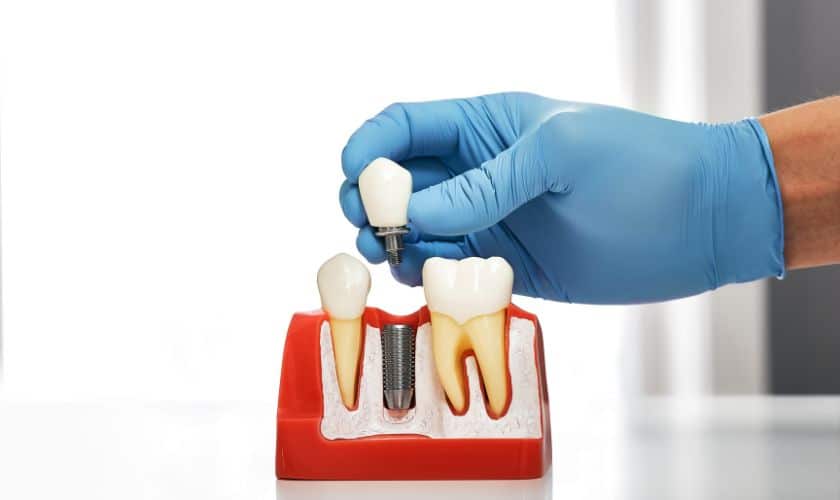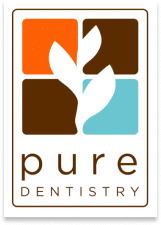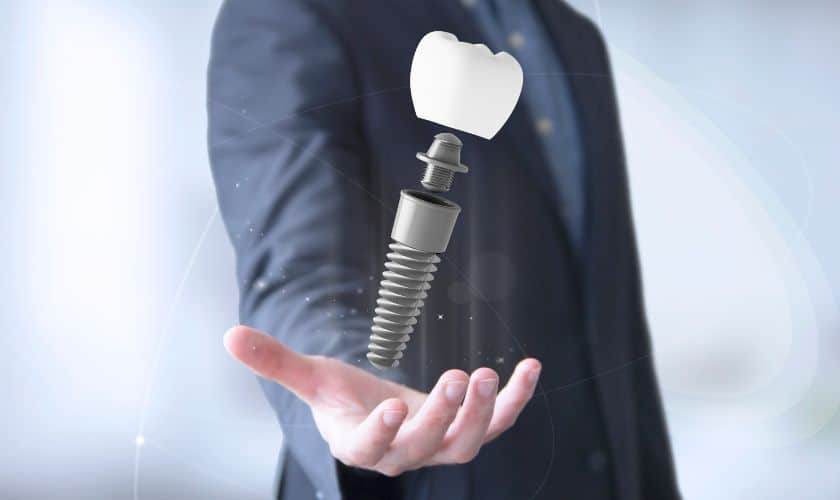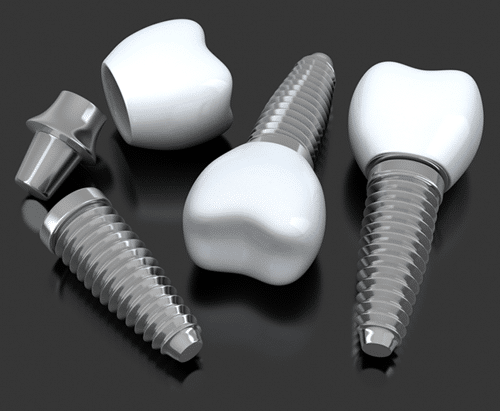
Losing one or more teeth can have a significant impact on your appearance, self-confidence, and overall oral health. Fortunately, modern dentistry offers a variety of options to restore missing teeth, ranging from traditional dentures and bridges to more advanced dental implants. However, with so many choices available, it can be challenging to determine which option is best suited for your individual needs and preferences.
In this blog post, we’ll explore the pros and cons of dental implants and alternative options to help you make an informed decision.
Understanding Dental Implants
Dental implants are a revolutionary solution for missing teeth that mimic the natural structure of your teeth. They consist of a titanium post surgically inserted into the jawbone, which acts as an artificial tooth root. Once the implant integrates with the bone (a process called osseointegration), a custom-made dental crown is attached to the post, creating a stable and long-lasting replacement tooth.
Advantages of Dental Implants:
- Natural Appearance: Dental implants are designed to look, feel, and function like your natural teeth, providing a seamless and aesthetically pleasing result.
- Improved Oral Health: Unlike traditional dentures or bridges, dental implants do not require grinding down adjacent teeth for support, helping to preserve your natural tooth structure.
- Durability and Longevity: With proper care and maintenance, dental implants can last a lifetime, making them a long-term investment in your oral health.
- Enhanced Functionality: Implants restore the full chewing and biting capabilities of your natural teeth, allowing you to eat and speak with confidence.
- Bone Preservation: The implant post stimulates the jawbone, preventing bone loss and maintaining the natural shape of your face.
Traditional Dentures and Bridges
For many years, dentures and bridges were the go-to solutions for replacing missing teeth. While these options can still be effective in certain situations, they come with their own set of advantages and disadvantages.
Dentures:
Dentures are removable appliances that replace an entire arch of missing teeth. They are often a more affordable option compared to dental implants but require periodic adjustments and replacements as your jawbone changes shape over time.
Advantages of Dentures:
- Cost-effective solution for extensive tooth loss
- Relatively quick and non-invasive procedure
Disadvantages of Dentures:
- Can feel uncomfortable or loose, affecting your ability to eat and speak
- Require regular adjustments and replacements
- Accelerate bone loss in the jaw, leading to changes in facial structure
Bridges:
Dental bridges are a fixed tooth replacement option that “bridges” the gap created by one or more missing teeth. They consist of artificial teeth anchored to the adjacent natural teeth or dental implants.
Advantages of Bridges:
- Restore the ability to chew and bite effectively
- Maintain the natural shape of your face and bite alignment
Disadvantages of Bridges:
- Require grinding down adjacent teeth for support, compromising their long-term health
- Have a limited lifespan and may need to be replaced periodically
- Can be challenging to clean properly, increasing the risk of decay or gum disease
Factors to Consider
When deciding between dental implants and alternative options, it’s essential to consider your individual circumstances, preferences, and long-term goals. Here are some factors to keep in mind:
- Oral Health: The condition of your remaining teeth and jawbone will play a significant role in determining the most suitable option for you.
- Lifestyle: Dental implants offer a more stable and natural-feeling solution, allowing you to eat, speak, and smile with confidence, which can be particularly beneficial for active lifestyles.
- Aesthetics: If a natural-looking and seamless appearance is a priority, dental implants are often the preferred choice due to their ability to integrate seamlessly with your existing teeth.
- Time Frame: Dental implants require a longer treatment process, including multiple appointments and healing time, while dentures and bridges can be completed more quickly.
Making the Right Choice
Ultimately, the decision between dental implants and alternative options depends on your specific needs, goals, and preferences. It’s essential to have an open and honest discussion with your dentist or prosthodontist, who can evaluate your oral health, explain the pros and cons of each option, and guide you toward the best solution for your unique situation.
Remember, investing in your oral health is an investment in your overall well-being and quality of life. By carefully considering all available options and seeking professional guidance, you can make an informed decision that will restore your smile, boost your confidence, and improve your overall oral health for years to come.





